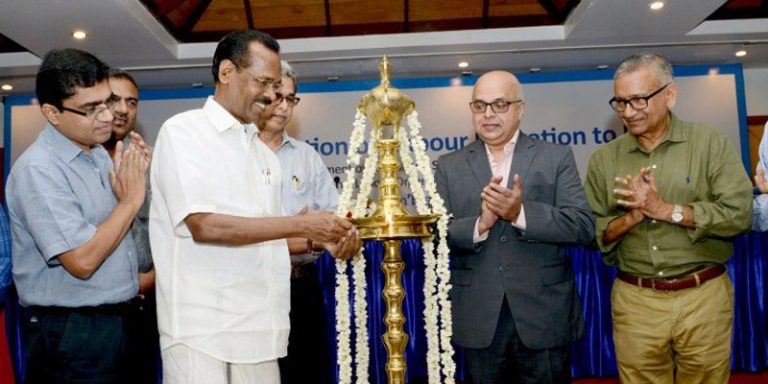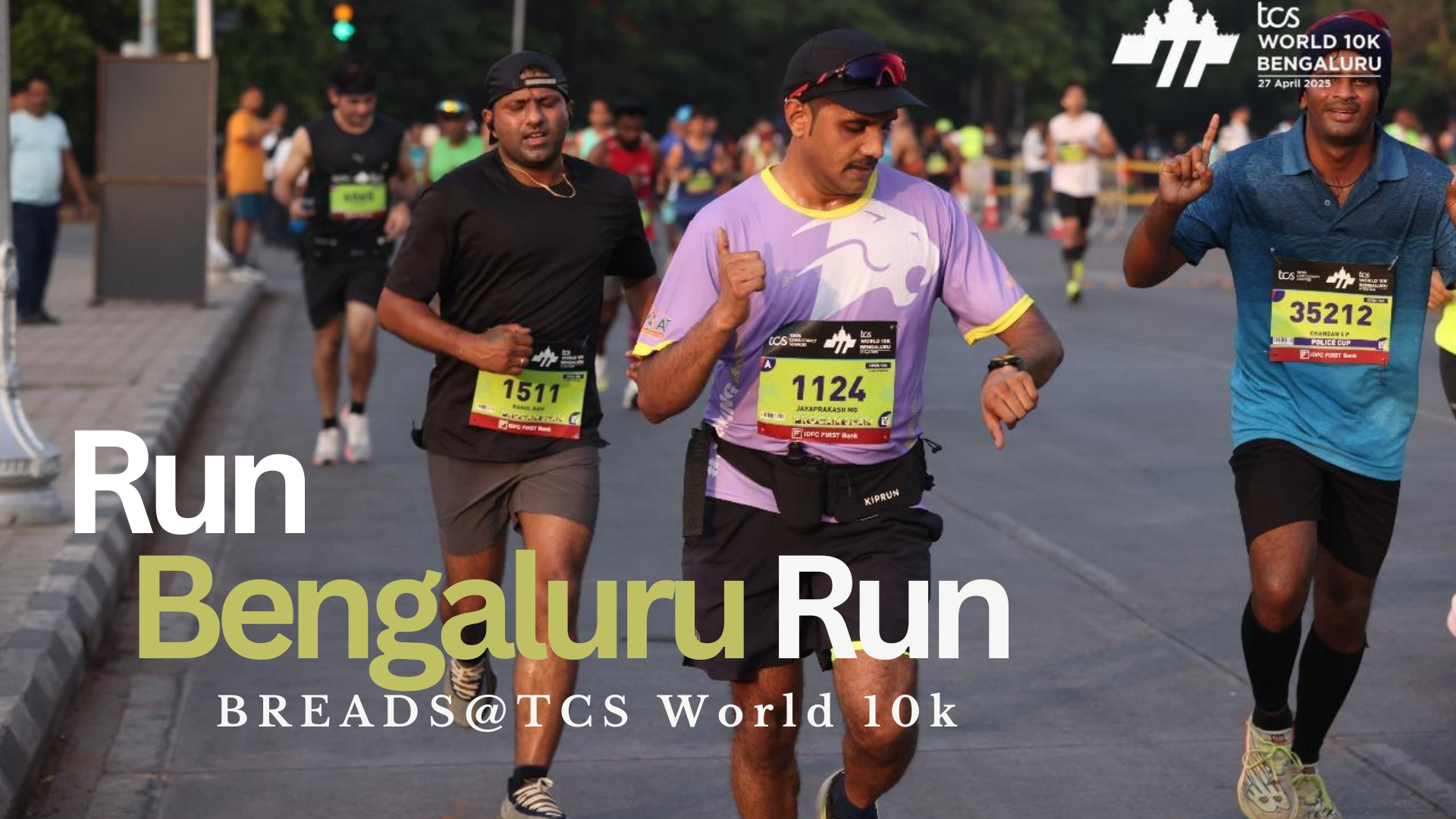Department of Labour and Skill, Government of Kerala and International Labour Organisation organized the Stakeholders’ Consultancy Workshop on Labour Migration to Kerala on June 07th 2017 at Trivandrum. The dignitaries present were– Shri. T.P Ramakrishnan, Hon’ble Minister of Labour and Excise, Shri. K. Biju, IAS, Labour Commissioner, Govt. of Kerala, Shri. Tom Jose, IAS, Additional Chief Secretory, Govt. of Kerala, Dr. K. Ravi Raman, Member, Planning Board, Kerala, Shri. M. Sivasankar, IAS, officer on special Duty, Chief Minister’s office, Dr. A.V. Jose, former Director, Gulati Institute of finance and Taxation, Dr. S.K Sasi Kumar, Senior Fellow, VV Giri national Labour Institute, New Delhi, Smt. Bharati Birla, National project Coordinator, Work In Freedom Project, ILO DWT for south Asia and country office for India, Shri A. Alexander, Additional Labour Commissioner (Enforcement), Govt. Of Kerala.
The Major Objective of the Consultation-
- Critically analyze the prominent issues that affect the lives of migrant workers in the state.
- Reflect on the best practices and diverse experiences from across other high migration corridor in the country.
- Inputs and perspectives and recommendation from a wide variety of stakeholders to the Kerala Government on Improving the working and living condition of migrant workers in the state.
- Creating a roadmap for designing and implementing policies and programmes to address critical issues affecting migrant workers and identifying strategies for their effective implementation.
Discussions and Knowledge Assimilation:
Shri. Tom Jose, IAS, Additional Chief Secretory, Govt. of Kerala stated in his presidential Address that there are mainly two reasons of migration, economic and political reasons, when it is political in times of trouble at homeland it becomes a matter of survival. The present Situation that we are dealing with is an economic issue more than 25 lakh Migrant workers are coming to Kerala is search for a better wages, however the underlying problem is Integration, it is not an easy process and It takes time, and conflict arises in this process and hence it becomes a socio- political issue.
Shri. T.P. Ramakrishnan, Hon’ble Minister of Labour and Excise in his key note Address, stated that around 250 million people migrate across international borders and 750 million people have migrated within the limit of their country, in other words one in every 7 people in the world is a migrant now. Fifty years ago the gushing oil well of the Persian Gulf threw open the immense opportunities for employment and currently 24 lakhs Keralite live abroad. Their absence in the state has impacted the labour force and adding to that Kerala has one of the lowest fertility rates, resulting in an aging population. To fill that void Kerala’s intake of migrant labor was estimated around 25 lakh in 2015, the numbers are sure to be much higher now. The Hon’ble Minister of labor also announced the launch of “Awaz” – A comprehensive health Insurance Scheme exclusively for the migrant workers. He also announced the housing project for migrant workers at kanjikkode in Palakkad district which is in completion stage and also the Launching of “Apna Ghar Scheme” – Low cost Hosing scheme for Migrant workers.
Dr. K Ravi Raman, Member, Planning commission Board, Kerala referred the migrant workers as “Guest Workers” because we need to identify these workers do not just come here because of their need only, Kerala needs these migrant workers to keep rolling the stone of progressiveness. However according to him there is need to harmonize data sources and there is need to identify fresh data for scientific Governance. The migrant Issue in Kerala has to be viewed in two fronts, first the Net migrant worker Inflow in greater than the Net migrant workers outflow hence Kerala has become an In-Migrant State. Second the growth rate of urbanization happening in Kerala. (Which is 90% growth rate). When such growth rate takes place the approach should be spatially inclusive of the Migrant workers as well, when the growth is spatially exclusive there will be appearance of Slums. Hence the Migrant Programme is important; it not out of the benevolence of the State but it is a necessity the survival of the state and requires scientific Governance. Dr. Ravi also envisaged on the requirement of skill training of the Migrant workers and encouraging Migrant Entrepreneurship.
Dr. A.V Jose, Former Director, Gulati Institute of finance and taxation, emphasized on the point that, the efforts of migrant workers do contribute to the economy of the country, as it not only helps the destination state but also the source state where the demographic dividend increase the economic power of the people and shortfall of workforce in the source state get the Labour demand up and hence helping the wage rates to go up. However Dr. Jose rightly pointed out, that the services we ought to provide to the migrant workers are lacking behind, and there has to be a national level framework to handle the issue of migrant workers, it cannot be expected one state or one region to provide social security and services whereas it is denied to people in other states and territories. Hence when it comes to policy level there is enormous room for coordinating at the national level.
Dr. S.K. Sasi Kumar, Senior Fellow, VV Giri National Labour Institute, New Delhi praised Kerala of being a progressive state and stated that Kerala can be the ideal site for migration policy, because there is a blurring of lines between a sending region and receiving region and Kerala is the perfect place where both can be seen side by side, that makes policy making complicated. Dr. Sasi Kumar says that Migration policy is a paradox that is because of the relatively confusing data. The Sensex data treats the migrated people as stock hence according to the Sensex India is a static country, which is not true and the issue is, Sensex is unable to capture the floating pubic. Dr. Sasi Kumar also stated that The Inter-State Migrant Workman (regulation and employment and condition of service) Act 1979 is outdated and requires revision. Dr. Sasi Kumar also envisaged not to over rely on quantitative data and qualitative data is also required as the network of movement needs to be captured. The only way the Government will be sincere in their efforts to serve the migrant people is by changing the notion of migrant Labourers from a supply point of view to a demand point. The society today has to accept and recognize the efforts of the Migrant workers, because of this lack of recognition that the migrant workers are not taken seriously, and he urges Kerala being a progressive state to recognize the contribution of the Migrant workers.
The Immediate Response from the Government of Kerala
| Sl.no | Issues | Response from the Government |
| 1 | Lack of Housing facility | Launch of “Apna Ghar” Scheme ( low cost housing Scheme) |
| 2 | Medical Coverage | “Awaz”- Integrated cashless medical Insurance Cover only for Migrant Labourers. |
| 3 | Social Security | Planning of creating a Unique Identification card which will help them avail all Schemes and serves regardless where they migrate to. |
| 4 | Grievance Redressal | Setting up facilitation center in each district equipped with language sensitive and competent staff. |
| 5 | Rations and food safety | The Kerala State Govt. has decided to extend kerosene and rice rations to Migrant Labourers. |
| 6 | Opportunity of Growth and Development. | Policy level changes to make the State Skill development programmes available to the Migrant workers also.Encouraging Migrant workers Entrepreneurship efforts. |
| 7 | Integration | The Government has identified this as the key issue and is aware of the rising tension and has called out to the civil society to help the Government in effort to proper integration of Migrant Labourers in the society.The Labour unions have been advised to take in Migrant laborers to make them feel more accepted and give them voice |





